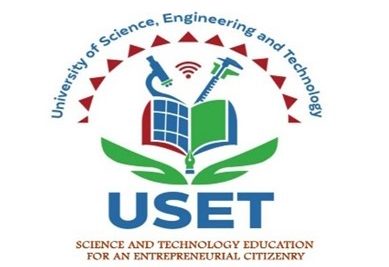GEOMATICS ENGINEERING
The Bachelor of Science (BSc.) Geomatics Engineering program equips students to be able to use appropriate techniques for collecting, storing, integrating, modelling, analysing, retrieving at will, transforming, displaying and distributing spatially georeferenced data from different sources and with well-defined accuracy characteristics, in both analogue and digital formats to meet various information needs in the economy. In terms of data collection, use is made of terrestrial or land based methods such as land surveying, marine (hydrographic surveying) based methods through hydrography, airborne and satellite-based sensors using photogrammetry principles, Global Navigation Satellite Systems and Remote Sensing techniques to acquire spatial and other data, which are processed using Computer, assisted systems, Database systems and Geographic Information Systems.
Within three to five years of graduation, graduates are expected to:
- Practice Geomatics Engineering within the general areas of land surveying, geographic information systems (GIS), photogrammetry, remote sensing, mapping, geodesy, and global navigation satellite positioning systems in the organizations that employ them.
- Advance their knowledge of geomatics engineering, both formally and informally, by engaging in lifelong learning experiences including attainment of Professional Membership of the GhIS and possibly becoming practicing licensee’s.
- Serve as the effective professionals, based on strong interpersonal and teamwork skills, an understanding of professional and ethical responsibility, and willingness to take the initiatives and seek progressive responsibilities.
- Participate as leaders in activities that support service to, and/or economic development of the nation.
ENTRY REQUIREMENTS
Since engineering involves science and intensive calculations in almost all course areas, it is expected that to gain acceptance into the programmes there should be set educational requirements or criteria in terms of academic qualification in science and mathematics leading to research development and innovation. Therefore A minimum of Six (6) credits in the WACSSE including English, Mathematics, Physics and Chemistry is expected from each of the students submitting application forms.
